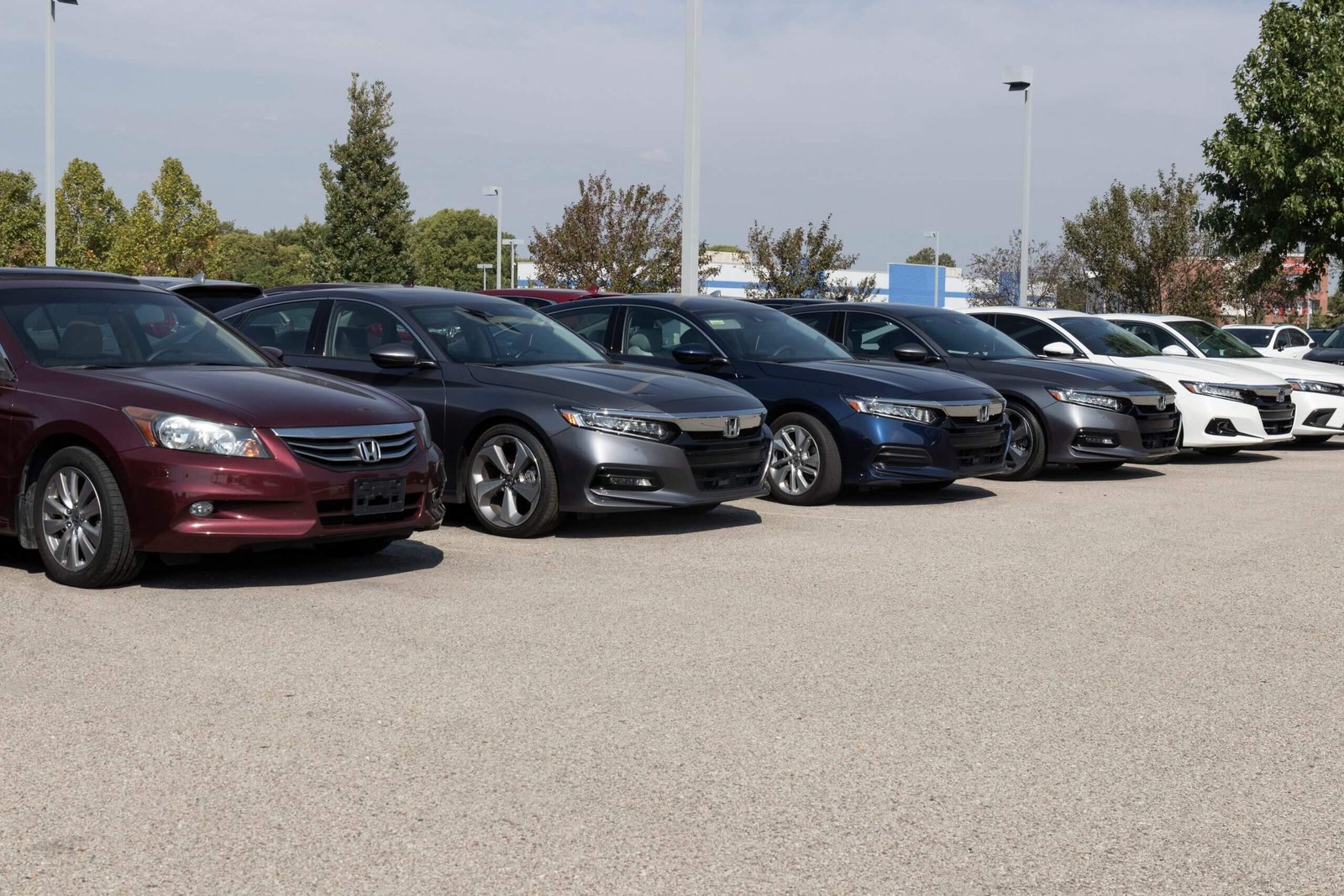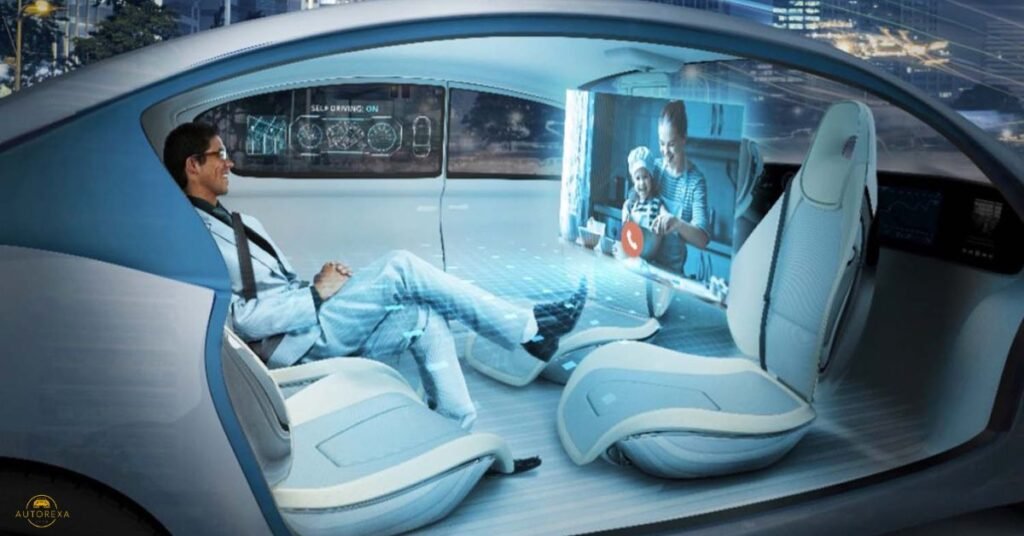The Honda Accord years to avoid has earned a reputation for being one of the most reliable and popular midsize sedans on the market. Known for its longevity, fuel efficiency, and resale value, the Accord is often a top choice for those looking for a dependable vehicle. However, not every model year has met Honda’s high standards. If you’re considering purchasing a used Honda Accord, it’s essential to know which years to avoid. This guide will provide you with an in-depth analysis of the problematic years, common issues, and why some years are best left off your list.
Why Some Honda Accord Years Are Better Than Others
Car manufacturers, including Honda, strive for constant improvement, but not every model year achieves perfection. Some years of the Honda Accord faced issues due to new, untested technologies, design flaws, or cost-cutting measures that impacted reliability. While Honda has a reputation for high-quality engineering, certain Accord models have been plagued with recurring problems, leaving some owners frustrated with repairs and expenses. Understanding these problem years will help you make an informed choice when buying a used Honda Accord.
Honda Accord Years to Avoid
Here are the Honda Accord years with the most significant issues based on data from owner complaints, recall information, and reliability scores.
1. 2003 Honda Accord
The 2003 Honda Accord is infamous among Honda enthusiasts for its severe transmission problems. Owners have reported transmission failures that require costly repairs or replacements, sometimes costing several thousand dollars.
- Key Issues: Transmission failures, faulty ignition switches, and problems with the climate control system.
- Why to Avoid: The transmission issue in the 2003 Accord is significant and widespread, with thousands of complaints filed. This model year can be expensive to maintain and repair.
2. 2008 Honda Accord
While the 2008 Accord introduced a sleek new design and updated features, it also came with its fair share of problems, particularly with excessive oil consumption.
- Key Issues: Excessive oil consumption, premature brake wear, and electrical problems.
- Why to Avoid: Many 2008 Accord owners reported that their vehicles consumed more oil than expected, which could lead to engine damage if not closely monitored. Additionally, premature brake wear can increase maintenance costs.
3. 2010 Honda Accord
The 2010 Accord continued to face similar issues as the 2008 model, particularly with oil consumption. In addition, some owners reported steering problems.
- Key Issues: Excessive oil consumption, steering issues, and interior accessory malfunctions.
- Why to Avoid: Due to high oil consumption, owners had to frequently add oil to maintain proper engine performance. Steering issues in this model also posed a safety risk, as some drivers reported a loss of control.
4. 2013 Honda Accord
The 2013 model year marked the introduction of a redesign and new engine technology. Unfortunately, this year faced issues with its starter system and battery, leading to frustration among owners.
- Key Issues: Starter motor failures, electrical issues, and battery drainage.
- Why to Avoid: The starter motor issue in the 2013 Accord can leave owners stranded and requires a costly replacement. Additionally, electrical problems can drain the battery, leading to additional repairs.
5. 2014 Honda Accord
Many of the issues seen in the 2013 Accord carried over into the 2014 model year. This model is known for problems with the continuously variable transmission (CVT) in its four-cylinder versions.
- Key Issues: CVT transmission issues, starter motor failures, and electrical malfunctions.
- Why to Avoid: The 2014 Accord’s CVT transmission problems can be expensive to fix. Owners of the 2014 model also reported similar electrical issues and starter problems as the 2013 model.
6. 2018 Honda Accord
The 2018 Accord was praised for its redesigned exterior and advanced features, but the turbocharged engine introduced in this model faced early issues. This Accord also had complaints related to its infotainment system and fuel injection.
- Key Issues: Engine stalling, infotainment malfunctions, fuel system issues, and faulty turbocharger.
- Why to Avoid: The 2018 Accord may not yet show long-term reliability as it is relatively new, but early signs indicate potential issues with its turbo engine, which could lead to significant repair costs down the line.
Common Issues Across Honda Accord Years to Avoid
While each problematic model year has unique issues, some problems have recurred in multiple Honda Accord model years. Here are some of the most common issues:
- Transmission Failures: Particularly in models from the early 2000s, transmission problems have been a recurring issue.
- Excessive Oil Consumption: The 2008-2011 Accords had complaints about high oil consumption, which can lead to engine issues.
- Electrical Issues: Starter and battery issues are common, especially in 2013 and 2014 models.
- Brake Problems: Premature brake wear was an issue with some models, increasing maintenance costs.
- Steering Problems: Some years, especially around 2010, had issues with the power steering system, posing potential safety concerns.
How to Identify a Reliable Used Honda Accord
When purchasing a used Honda Accord, it’s essential to be aware of these problematic years, but there are other factors to consider to ensure a reliable vehicle. Here’s how to find a dependable used Accord:
- Check Maintenance Records: A well-maintained vehicle is less likely to have issues. Look for Accords with a documented service history.
- Get a Vehicle History Report: This report will show any accidents, recalls, and repair history, which can provide insight into potential issues.
- Have a Mechanic Inspect the Car: Before purchasing, it’s wise to have a trusted mechanic inspect the vehicle for signs of wear or damage.
- Avoid High-Mileage Models: While Honda Accords are known for longevity, high-mileage models might be more prone to costly repairs.
- Consider a Certified Pre-Owned (CPO) Model: Honda’s CPO program offers peace of mind, as these vehicles are inspected and come with a warranty.
Frequently Asked Questions (FAQs)
Q: What is the most reliable Honda Accord year?
A: Some of the most reliable Honda Accord years include 2006, 2011, and 2012. These years generally received positive reviews for reliability and didn’t suffer from widespread issues.
Q: Which Honda Accord years have transmission problems?
A: The 2003 and 2004 Honda Accord models are notorious for transmission failures. These years experienced significant transmission issues, which often required costly repairs.
Q: Do Honda Accords have a high resale value?
A: Yes, Honda Accords generally have a high resale value due to their reputation for reliability. However, resale value can be affected if the specific model year is known for issues.
Q: Are the newer Honda Accord models reliable?
A: Newer models like the 2020 and 2021 Honda Accords have generally received positive reviews for reliability. However, as with any new technology, long-term reliability can only be determined over time.
Q: How can I tell if a used Honda Accord is reliable?
A: Checking the maintenance records, obtaining a vehicle history report, and having a mechanic inspect the vehicle are key steps to ensure you’re buying a reliable used Honda Accord.
Q: Should I buy a Honda Accord with high mileage?
A: While Honda Accords are known for their longevity, a high-mileage model may be more prone to repairs and maintenance issues. If you decide to buy a high-mileage Accord, ensure it has a well-documented maintenance history.
Conclusion
The Honda Accord is one of the most popular midsize sedans for a reason—it offers a blend of reliability, fuel efficiency, and value. However, not every model year lives up to Honda’s reputation. The Honda Accord years to avoid primarily include 2003, 2008, 2010, 2013, 2014, and 2018 due to various issues, including transmission failures, excessive oil consumption, and electrical malfunctions.


